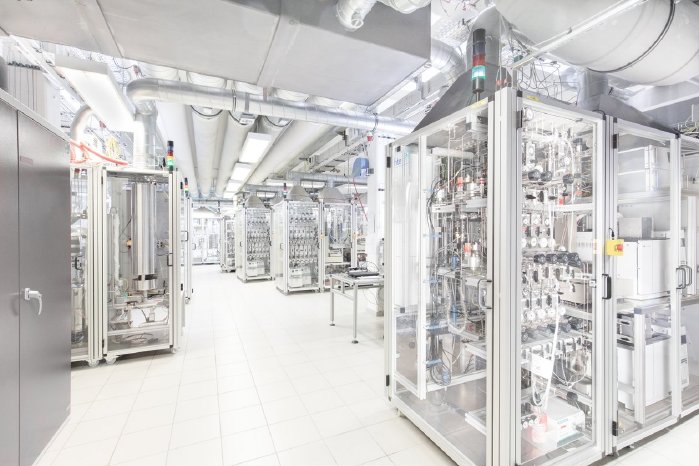hte has amassed a great deal of expertise in the field of high throughput technology over the past 20 years through the successful development, design, construction, and operation of high throughput R&D test systems. hte uses a modular design approach to customize its proprietary technologies to the needs of its customers. The technology offers major benefits with the available software packages and specifically developed digitalized data workflow for R&D.
“We selected hte because of its proven expertise in the design, construction and implementation of reactor systems combined with fast and efficient online analytics and a fully integrated software solution. We are really looking forward to working together to significantly enhance our R&D output in the field of electrocatalysis,” says Prof. Rüdiger Eichel from Research Center Jülich.
Wolfram Stichert, CEO at hte, comments, “We are pleased to extend our core competence in catalyst testing into the emerging field of electrocatalysis and hydrogen generation. We really look forward to building up a strong partnership with Research Center Jülich within this project and beyond.”
ABOUT RESEARCH CENTER JÜLICH
The Forschungszentrum Jülich (FZJ) is one of the largest research centers in Germany. Its energy research focuses on science related to the defossilization and transformation of the energy system. FZJ will continue to expand its scientific contribution to the transformation of the energy sector by strengthening its research on renewable energies and storage technologies as well as its system competences along basic value chains and system chains. One example is the systemic linkage of value chains leading from electricity generation and photovoltaics right up to storage by electrolysis or novel battery systems, i.e. an approach which facilitates the development of Power-2-X-2-Power technologies. A particular focus of the Institutes for Energy and Climate Research (IEK’s) at the FZJ are electrochemical technologies for energy conversion and storage and thus, electrocatalysis. The key strategy of the IEK-9 located at the Jülich campus is to bridge fundamental aspects and applied industrial relevant electrochemical research topics by using advanced operando microscopy and spectroscopy techniques on various scales. In addition, IEK-9 with its Joint Lab for In-Operando Spectro-Electrochemistry (JoLIE) – a collaborative characterization platform for the in-depth spectroscopic investigation of energy conversion technologies under realistic operating conditions – and its expertise on materials development for climate-neutral and sustainable energy conversion. The aim of the investigations is a fundamental understanding of reaction mechanisms in new knowledge-based developed materials and process optimization.


